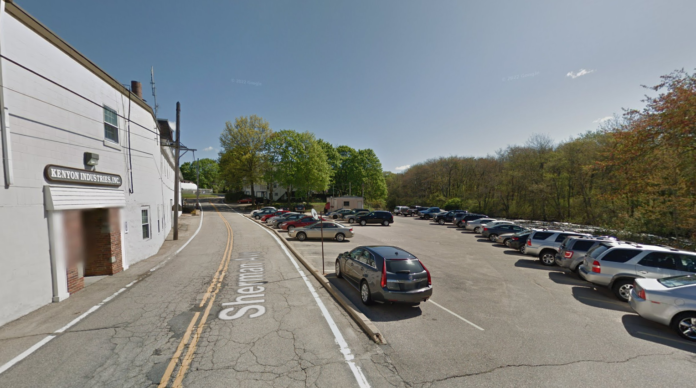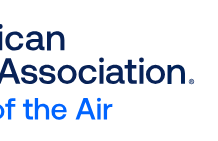
RICHMOND – An environmental nonprofit has filed a lawsuit against Kenyon Industries Inc., alleging that the textile manufacturer has violated the Clean Water Act almost 1,800 times in the last five years.
A complaint filed by Environment Rhode Island accuses Kenyon and its parent company, Brookwood Companies Inc., of discharging high amounts of copper into the Pawcatuck River, polluting the water and endangering aquatic life.
Kenyon’s manufacturing facility is located on the Pawcatuck River, just upstream from Horseshoe Falls.
Kenyon Industries has “routinely [discharged] wastewater with more than two-and-a-half times the permitted concentrations of copper, a toxic pollutant,” Environment Rhode Island said in a statement, amounting to 1,784 violations since 2017.
Brookwood Companies did not immediately respond to a request for comment.
Environment Rhode Island, the state chapter of Environment America, filed the lawsuit in the U.S. District Court for the District of Rhode Island and is represented by the Boston-based National Environmental Law Center.
John Rumpler, senior director of the Clearn Water Program at Environment Rhode Island, said in a statement that the Pawcatuck River is a “treasured natural resource” in need of greater protections.
“Requiring Kenyon to take the steps necessary to achieve compliance with its mandatory pollution limits, like every other company is required to do, will help improve water quality downstream of the facility and ensure the entire river lives up to its pristine reputation,” Rumpler said.
The approximately 34-mile long Pawcatuck River is part of the larger Wood-Pawcatuck Watershed, a recently-designated National Wild & Scenic River, Environment Rhode Island notes, but a 2.16 mile portion downstream from the Kenyon textile mill is considered an “impaired” body of water by the state due to toxicity levels.
Jacquelyn Voghel is a PBN staff writer. You may reach her at Voghel@PBN.com.












